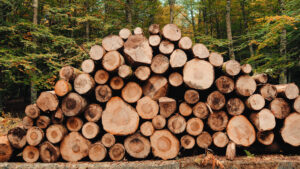Chapter 031 Author: Feast of Masks Raws: https://www.jjwxc.net/onebook.php?novelid=3185016 Translated by Gumihou Proofread by Pill Bug Additional notes for readers! Don’t miss this! If you do skip this, that’s fine, just come back up here once you’re confused by Confucianism. Neo-Confucianism or 理學 is a moral, ethical and metaphysical Chinese philosophy influenced by Confucianism. It originated with Han Yu…
Raising the Young Grand Secretary – 🔒 031
- Post author:Gumihou
- Post category:Raising the Young Grand Secretary


